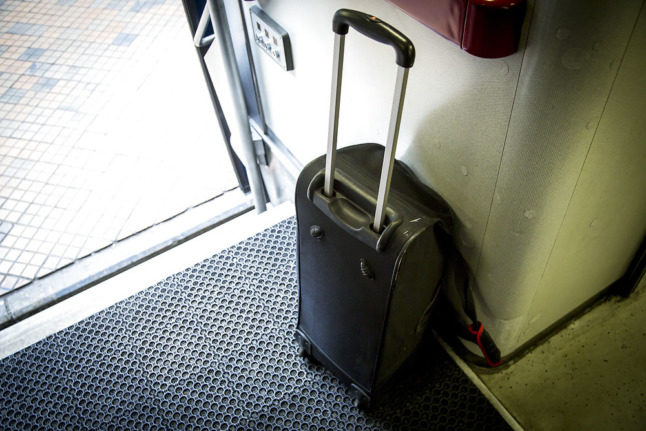Denmark’s guidelines for foreign travel are updated weekly by the ministry, which designates countries or regions as yellow, orange, or red, depending on criteria related to the situation with the Covid-19 pandemic locally.
Bulgaria and Poland were on Friday ‘made yellow’, which means the Danish foreign ministry no longer advises against non-essential travel.
Travellers coming to Denmark from “yellow” European Union or Schengen countries no longer have to show a negative coronavirus test before boarding the plane, according to updated rules introduced earlier this month. Neither do they have to go into self-isolation on arrival in Denmark (although they still need to have a test on arrival, unless they have been vaccinated or have recently recovered from Covid-19).
READ ALSO: Denmark eases travel restrictions: EU tourists can now come to Denmark
Even in yellow countries, the foreign ministry still advises travellers from Denmark to be “extra cautious”.
In addition to Bulgaria and Poland, regions of several other countries now change to yellow. The change comes into effect from 4pm on Saturday.
Those regions are: Umbria, Liguria, Abruzzo and Veneto (all in Italy); Cantabria (Spain); Corsica (France); and Salzburg and Lower Austria (both Austria).
Travellers from EU and Schengen countries rated orange still need to show a negative test before boarding the plane, get tested on arrival in Denmark, and to go into self-isolation for at least four days until they test negative for coronavirus, or ten days without a test.
Although Denmark can change its travel advice for specific countries or regions, it should be noted that local restrictions at destinations can still affect Danish travellers. This may include requirements for testing or quarantine.
READ ALSO: What are the rules on travel between the UK and Denmark?



 Please whitelist us to continue reading.
Please whitelist us to continue reading.
Member comments